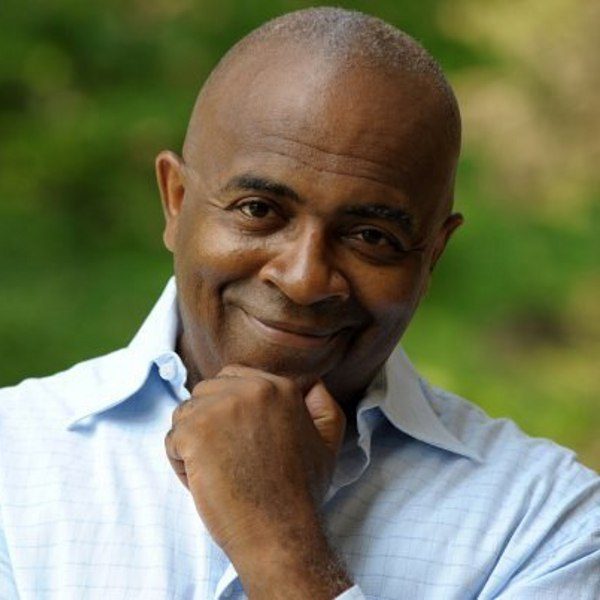Dennis Hilton-Reid

An alumnus of the Yale School of Drama and the American Academy of Dramatic Arts, the internationally acclaimed director and acting coach Dennis Hilton-Reid has dedicated his entire career to the craft of acting. Throughout the years, he has trained several performers utilizing numerous techniques, including those conceived by Viola Spolin, Michael Chekhov and Earl Gister.
In 2016, Hilton-Reid directed Lynn Nottage’s Pulitzer prize-winning play Ruined at the Athens & Epidaurus Festival; the performance was co-produced by the Festival and Reid’s international theatre collective, Company Diaspora.
.
He has also directed the play Silent Voices by Judith Adong, which had its world premiere at the National Theatre of Uganda in 2012. As an actor, Reid has performed at regional theatres throughout the USA and in New York, including NADA, the Public Theater, CSC, La Mama, En Garde Arts and Mabou Mines. He has also appeared in several independent films.
Hilton-Reid currently teaches at New York University and the American Academy of Dramatic Arts. He has taught at Vassar College, the City College of New York, Columbia University in the City of New York and organizations such as the Actor’s Studio and Stella Adler, and has also taught workshops on ‘staging violence’ based on Michael Chekhov’s concept of the ‘Psychological Gesture’.
WORKSHOP
Women: Victims and violence in classical drama in the age of #MeToo
CYCLE A: 2-16 JULY
Participants of this workshop will explore the intersecting themes of love, violence and revenge and the role of women in ancient Greek tragedies.
Combining traditional and non-traditional theatrical styles, dance/movement and music, the workshop will address the issue of human rights and particularly women’s rights and will examine the ways in which this issue is discussed today, in the age of the MeToo movement. Michael Chekhov’s theory of physicality in “stage violence” and the art of psychological gesture, and Viola Spolin’s art of improvisation will provide the workshop’s framework.





